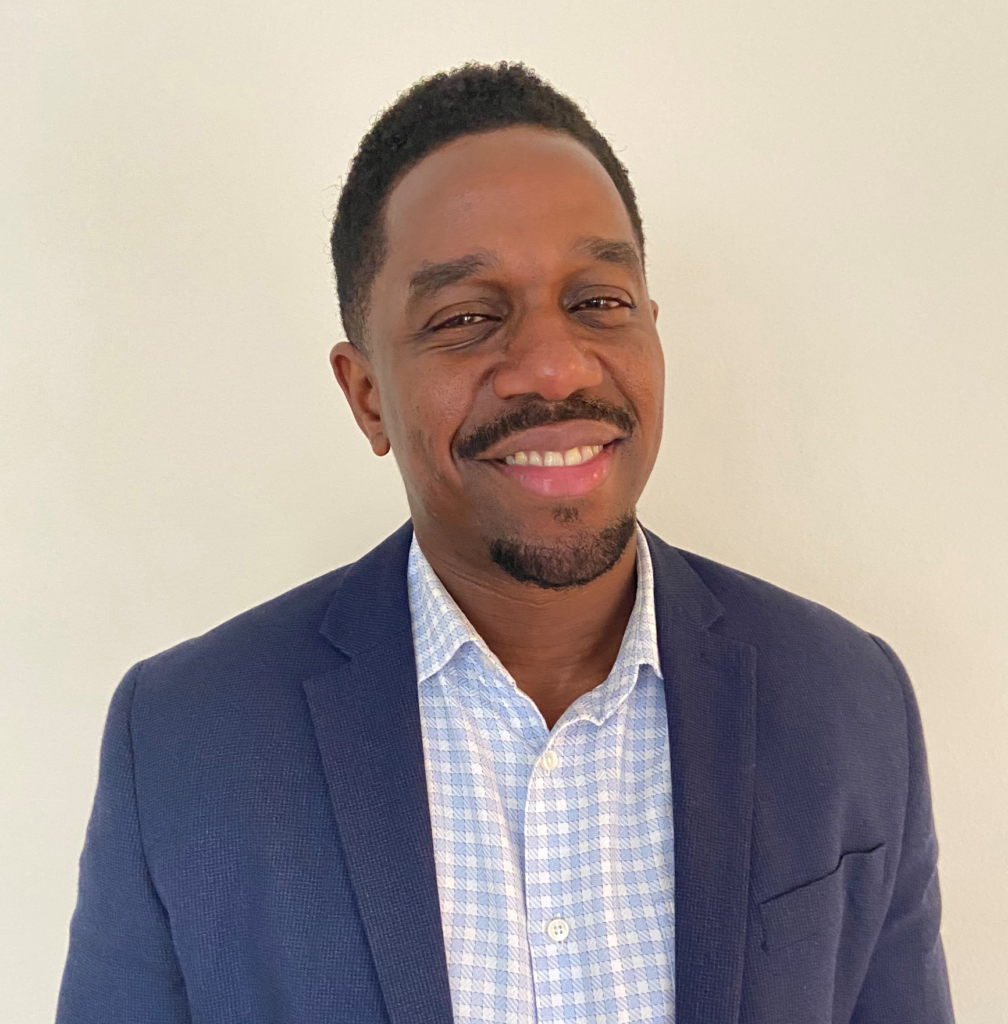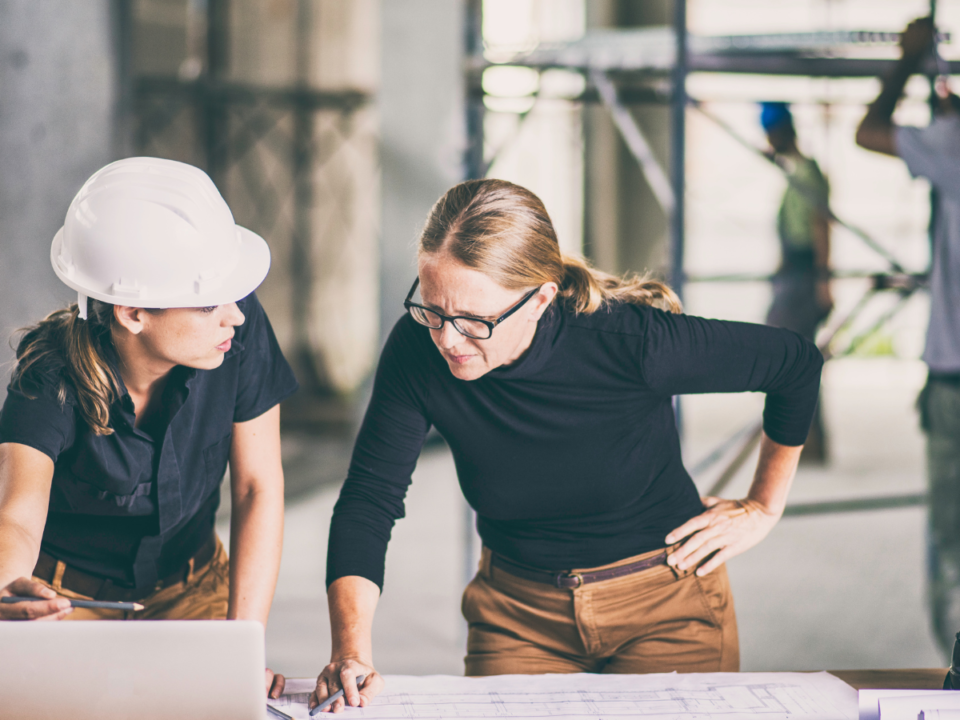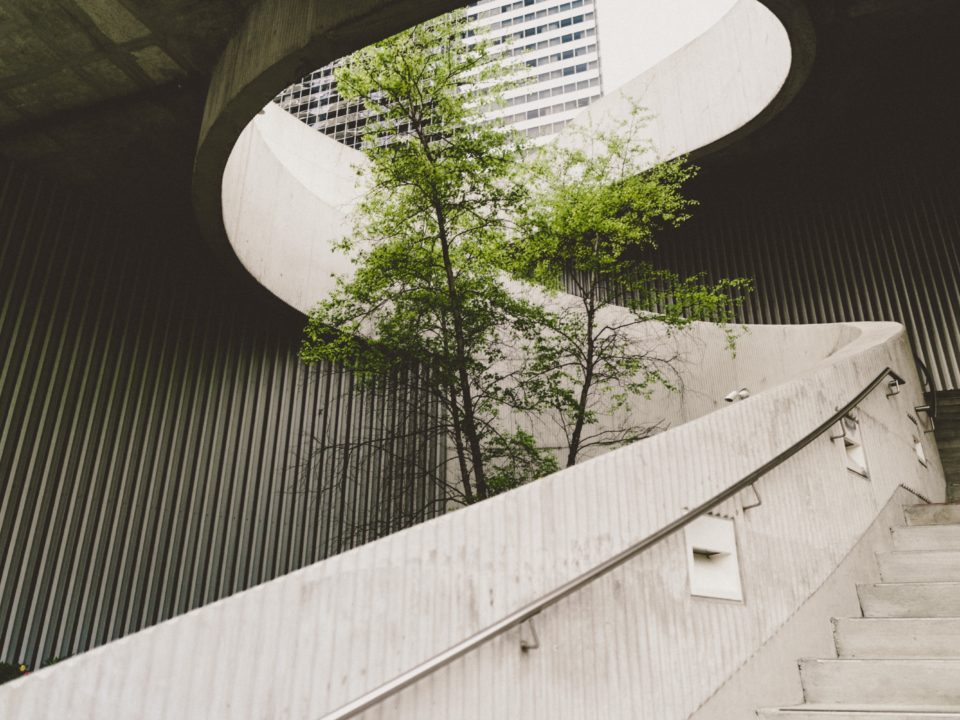Every month we introduce you to one of our partners around the world. Ready to learn about all the incredible work happening in the green building space? Let’s dive in!
We sat down with Lolu Akinbobola, Principal Consultant at 3DesignFX Studio, to learn more about the green building market in Nigeria.
Why are green buildings important in Nigeria?
Nigeria is uniquely positioned to derive significant value from green building construction. Nigeria faces large scale challenges when it comes to water access, energy generation, material sourcing, urbanization and climate change. Traditional building methods place further strain on our infrastructure and environment; They are costly to maintain/operate, while only fulfilling the demand for further development and housing. Green buildings reduce strain on infrastructure, improve communities and may improve water and energy access for surrounding community.
Many regions struggle with limited access to water infrastructure, with buildings relying instead on borehole or purchasing water wholesale by the tanker or barrel. Green buildings maximize the use of every liter of water in a building, minimizing wastage. By bringing concepts previously limited to agriculture, such as rainwater harvesting, green building experts and enthusiasts are reducing the strain and dependency on water infrastructure in our developing cities.
Electric power is another major challenge that impacts the built environment. With traditional construction, we are dependent on intermittent supply from the grid and fuel powered generators. Green buildings can utilise renewable energy sources, reduce the dependency on intermittent power sources and help improve the air quality by reducing generator usage. The building also maximizes available energy through improved building efficiency.
The Nigerian construction materials market is currently heavily reliant on imported goods. As a result, the cost to build is high and variable due to the volatility of foreign exchange. Imported materials also negatively impact the environment through embodied energy. Green buildings help generate an awareness of embodied energy by encouraging experts to choose materials with high performance while maintaining a low environmental footprint. Local sourcing also helps local businesses and industries to grow as the green construction industry develops.
With urbanization and climate change, the importance of green building in Nigeria will only increase.
How would you describe the growth of the green building industry in Africa? What is your perspective for the future?
The green building industry in Africa is growing. Right now, we are in the awareness stage. As developers, buyers, and tenants become more aware of the advantages of building green, the demand will only increase. I am particularly interested to see the growth of adjacent industries such as local green building suppliers on the continent. All these partners are essential to creating a thriving green building ecosystem. While this industry is developing, we are confident we will have more implementation and completed use cases in a few years. We also have the unique opportunity to learn from the case studies, mistakes and experiences from other parts of the world.
What is the biggest challenge in deploying green buildings at scale?
Awareness is our biggest challenge. Many people do not have a robust understanding of what it means to build green. The general populace need to know that green building is more than just solar panels. Our industry professionals play a vital role in educating the populace and there needs to be more professional training on what is needed to design and build a green building. I think regulatory bodies may also play a vital role in this awareness. The more standards we have about sustainable design and construction, the better.
Particularly in Nigeria, the cost benefit analysis weighs heavily in favour of green construction. Once we have more awareness, we will see a rapid increase in the number of green buildings.
How will EDGE make a difference in the deployment of green buildings in the region? What value does it bring to local players in the market?
EDGE will help communities efficiently utilise limited resources in terms of energy, water and materials. EDGE will also encourage builders in the region to explore new sources of energy and water. By reducing maintenance and operating cost of buildings, EDGE creates a more profitable real estate industry which will only spur more development.
Why did you get involved with the EDGE green building program?
I always had an interest in sustainability and green building design. I found different ways to add green design concepts to various projects but the first time I was able to fully implement was with the EDGE program. I was privileged to work as the Project Architect of Cornerstone Tower also known as Tek Experts building. It was one of the first commercial buildings in Nigeria to obtain the EDGE Certification and I was able to work with amazing teams at EDGE, SGS and Thinkstep (now Sintali).
What impact has EDGE certification had on your clients?
I worked on Cornerstone Tower on Victoria Island, Lagos. I also have some ongoing projects, a Mixed-Use building in Ikoyi and three commercial buildings in Abuja in the pipeline. The EDGE process has delivered cost savings for clients who plan to operate green buildings. Clients who sold green buildings were able to attract international buyers, largely because of the value added from the EDGE certification. For the surrounding community, EDGE improves water management and power availability by reducing overall strain on public infrastructure.
What services do you offer clients?
We provide Green Building Certification Services for EDGE and LEED, sustainability design consultancy, and architectural and interior design services in Nigeria. We pride ourselves in our attention to detail, focus on international standards and designing a building that not only performs aesthetically but also in terms of sustainability and efficiency.

“In emerging markets, the EDGE and Sintali-SGS partnership is playing a critical role in the rapid urbanisation of cities and accelerating the adoption of green building designs.“
Lolu Akinbobola, Principal Consultant, 3DesignFX Studio
To learn about 3DesignFX Studio, visit the website here or follow the company on Twitter, LinkedIn and Instagram.





